Sales Tax Audits: The Real Reason Why Businesses Are Audited
Navigating the world of sales tax audits can feel like trying to solve a complex puzzle. Why was your business chosen? What triggered the taxing authority’s interest? Let’s decode the mystery behind sales and use tax audits and shed light on why businesses often find themselves under the taxman’s microscope.
Here are the key reasons why your business might have been selected for a sales and use tax audit.
1. Confusing Tax Laws and Rules
Sales tax laws are like a maze—full of twists, turns, and dead ends that can leave even the most diligent business owners lost. Taxing authorities are well aware of this. They know that sales and use tax compliance, especially when it involves services, can be challenging. If they see a pattern of mistakes in your industry, they’re likely to target similar businesses for audits.
Common Confusion Areas
- Services vs. Goods: Taxability often depends on the type of product or service you offer. For example, some services might be taxable in one state but exempt in another.
- State-Specific Rules: Rules differ widely across jurisdictions, creating compliance hurdles for businesses operating in multiple states.
Pro Tip: Regularly review the tax rules for your industry and locations where you conduct business.. Staying updated can help reduce errors and keep you off the audit radar.
2. Your Customer Was Audited
Sometimes, audits are like dominoes—one leads to another. If one of your customers was audited and it was discovered that your business didn’t charge sales tax correctly, you could become the next target. In Texas, for instance, this is called an “audit lead.”
Why This Happens
- Audit Patterns: Taxing authorities assume that if you made an error with one customer, it’s likely you’ve made the same mistake with others.
- Record Trails: Auditors often follow the paper trail left behind by your transactions with customers.
What You Can Do: Maintain detailed records for all your sales, especially those involving tax exemptions. Proper documentation can protect you if you’re ever audited.
3. Random Selection
This reason can be the most frustrating for business owners. Sometimes, audits are simply random. It could be as arbitrary as an auditor noticing your business sign on their commute or deciding to mix things up by targeting a new industry. In these cases, there’s little you can do to predict or avoid an audit.
Other Random Triggers
- Tips or Complaints: Someone may have reported your business to the authorities.
- Location: Businesses in high-profile or affluent areas might draw extra attention.
- Routine Sampling: Taxing authorities often randomly select businesses to ensure broad compliance.
Key Takeaway: While randomness is out of your control, preparation isn’t. Being audit-ready at all times is the best defense.
How to Prepare for a Sales Tax Audit?
The reality is, the taxman can come knocking at any time. Whether it’s due to red flags or pure chance, being prepared can save you from stress and potential penalties. Here are steps to ensure your business is audit-ready:
1. Retain Documentation
Keep thorough records of:
- Sales and use tax return workpapers.
- Tax-exempt sales documentation.
- Journal entries and fixed asset records.
- Taxable purchases and invoices.
2. Confirm Taxability
Verify the taxability of your products or services regularly. If in doubt, consult with a tax professional.
3. Charge the Correct Tax Rate
Ensure the sales tax rate applied matches the jurisdiction’s current rate. Tax rate errors are a common red flag.
4. Stay Updated
Tax laws evolve, and staying informed can help you avoid accidental non-compliance. Sign up for updates from your state’s tax authority or work with a tax consultant.
Why Understanding Audit Triggers Matters?
Knowing why audits happen isn’t about fear—it’s about preparation. By understanding the reasons behind audits, you can:
- Identify areas where your business might be vulnerable.
- Take proactive steps to improve compliance.
- Avoid unnecessary stress by being prepared for the unexpected.
Audits might feel like an unwelcome storm, but with the right preparation, your business can weather it with confidence.
Your Weekly Tax Tip: Treat compliance like routine maintenance for your business. Regularly review your records, verify your processes, and keep up with changes in tax laws. It’s the best way to ensure smooth sailing, even if the taxman comes calling.
Here is a short video that explains common reasons businesses get audited for sales and use tax—and what you can do to reduce your risk.
More Tips in The Sales Tax Sisters Academy
Our mission to provide a resource so business owners, accountants and bookkeepers can understand sales & use tax compliance. We know that sales and use tax laws are not the easiest to understand. Our focus is on empowering you with a framework and general understanding, so you know what questions to ask and where to go to get the information you need to stay on the right side of sales and use tax compliance.



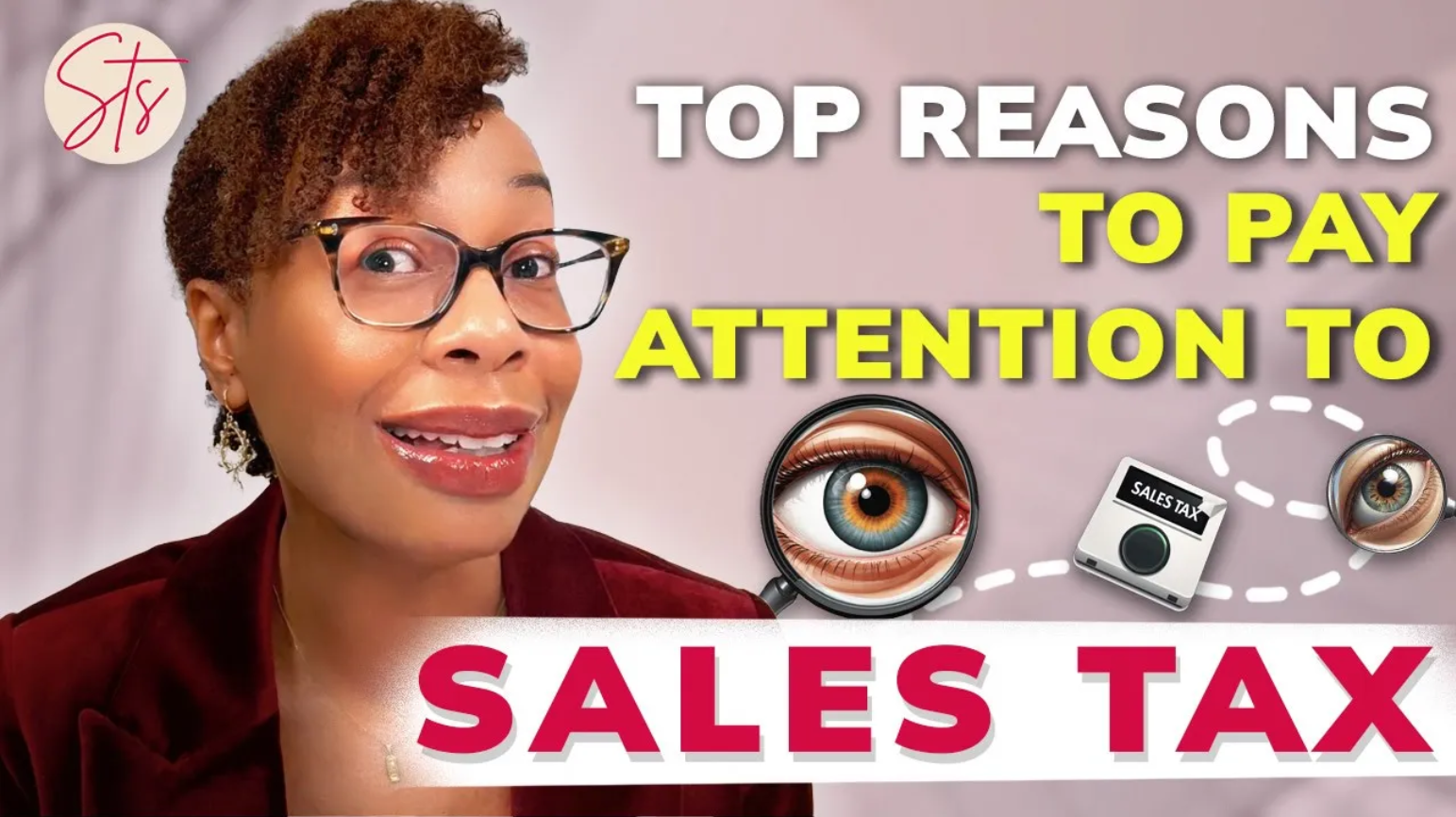
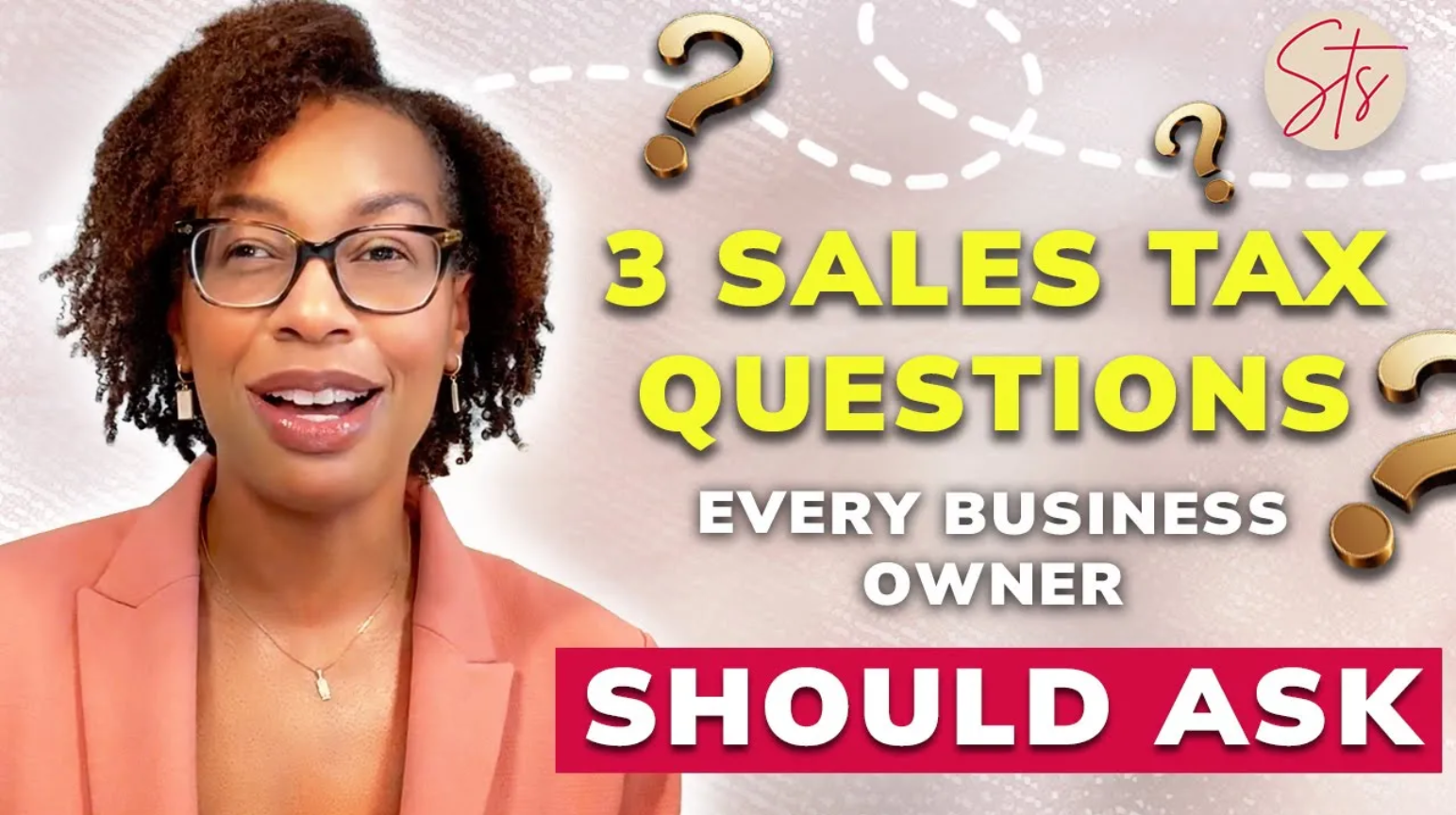
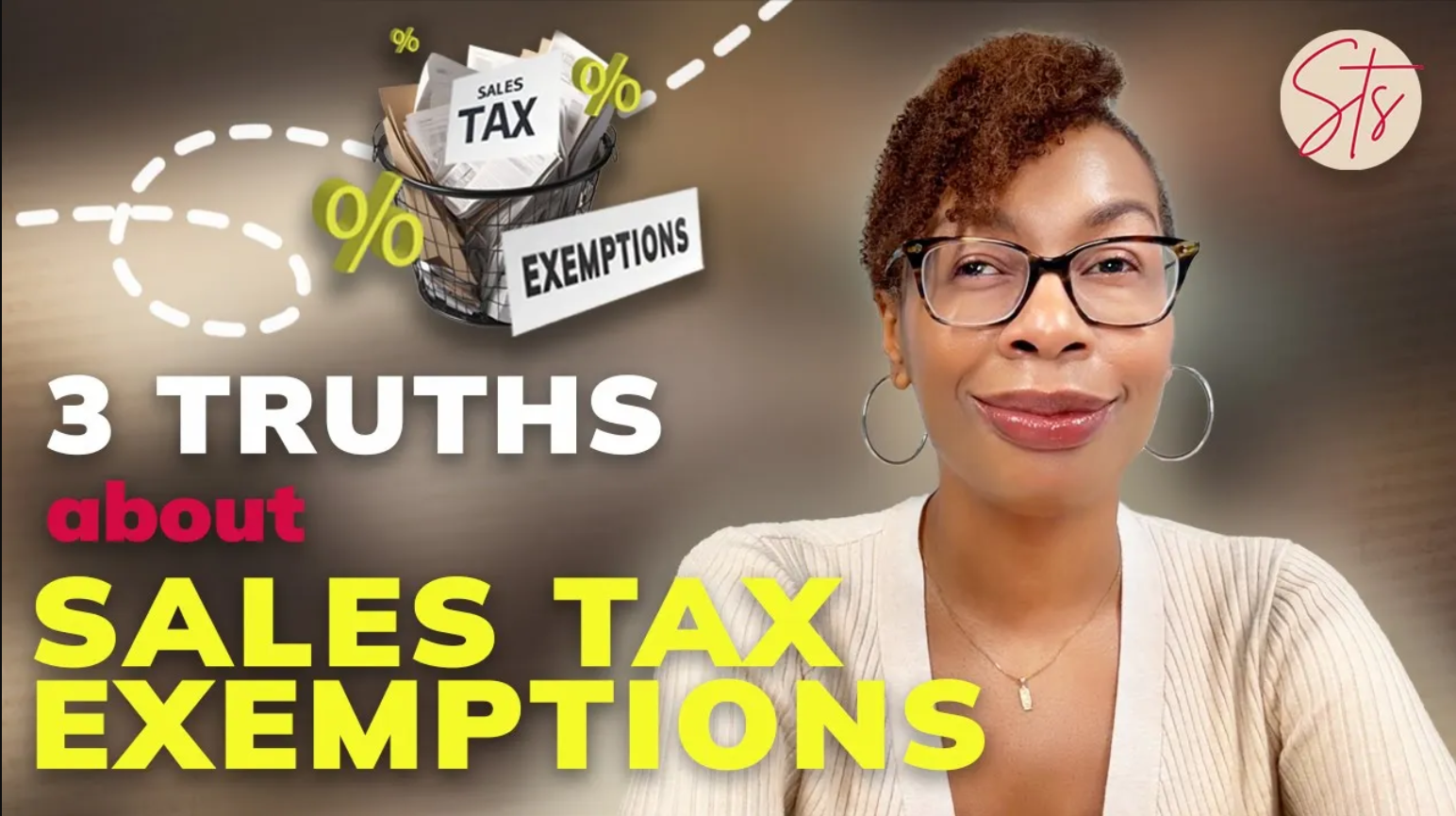
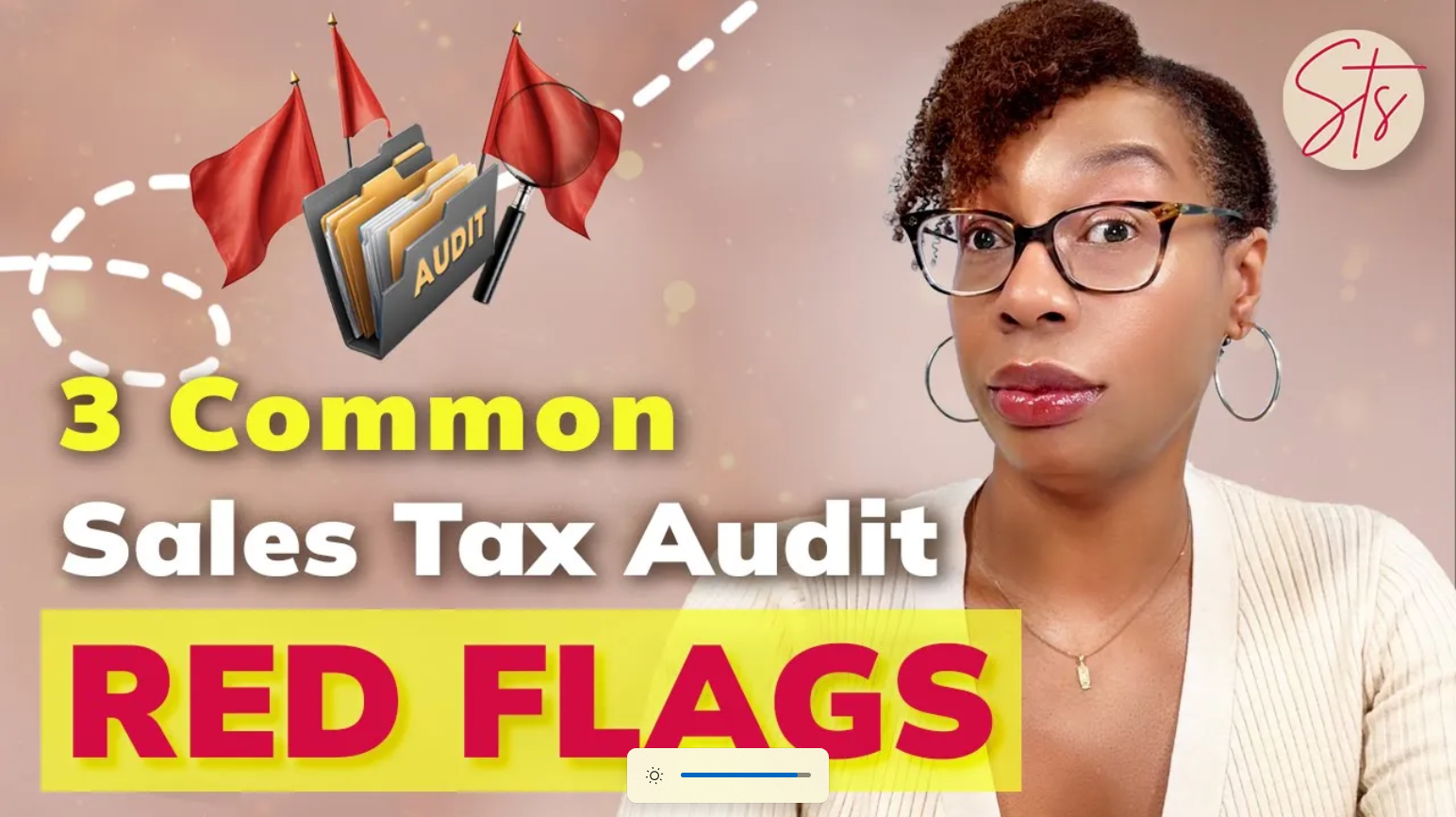




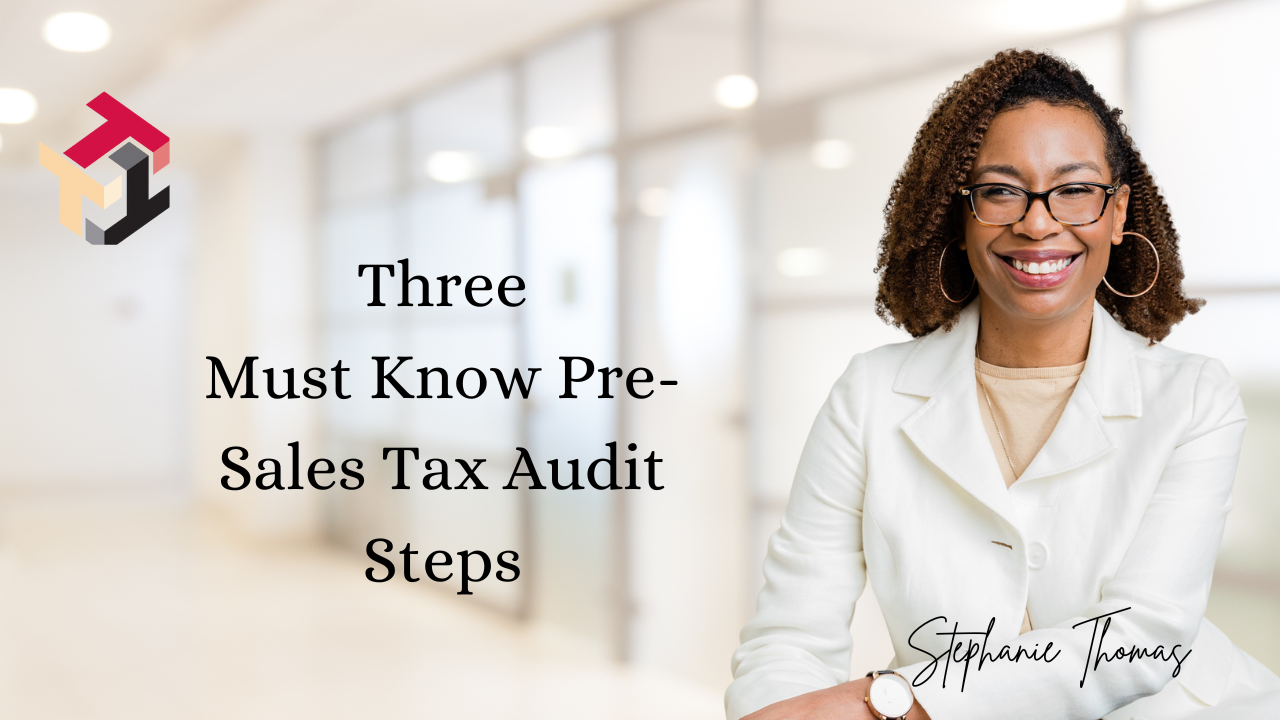

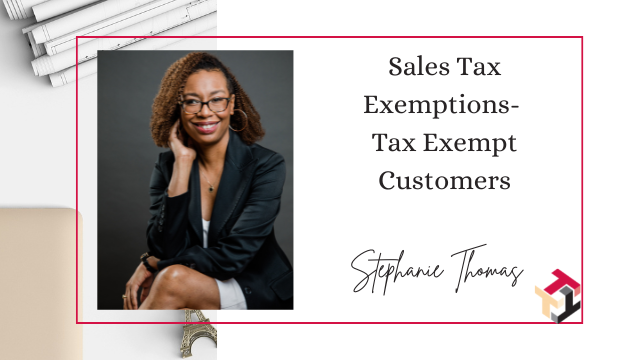


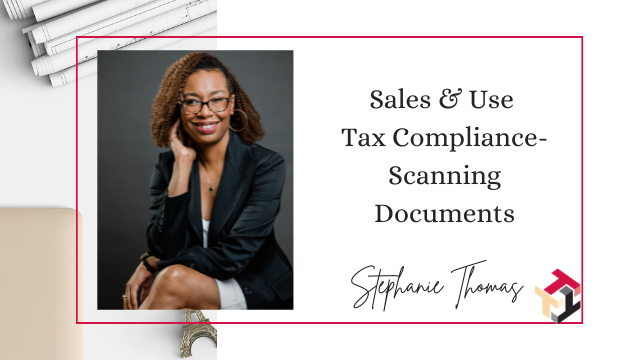




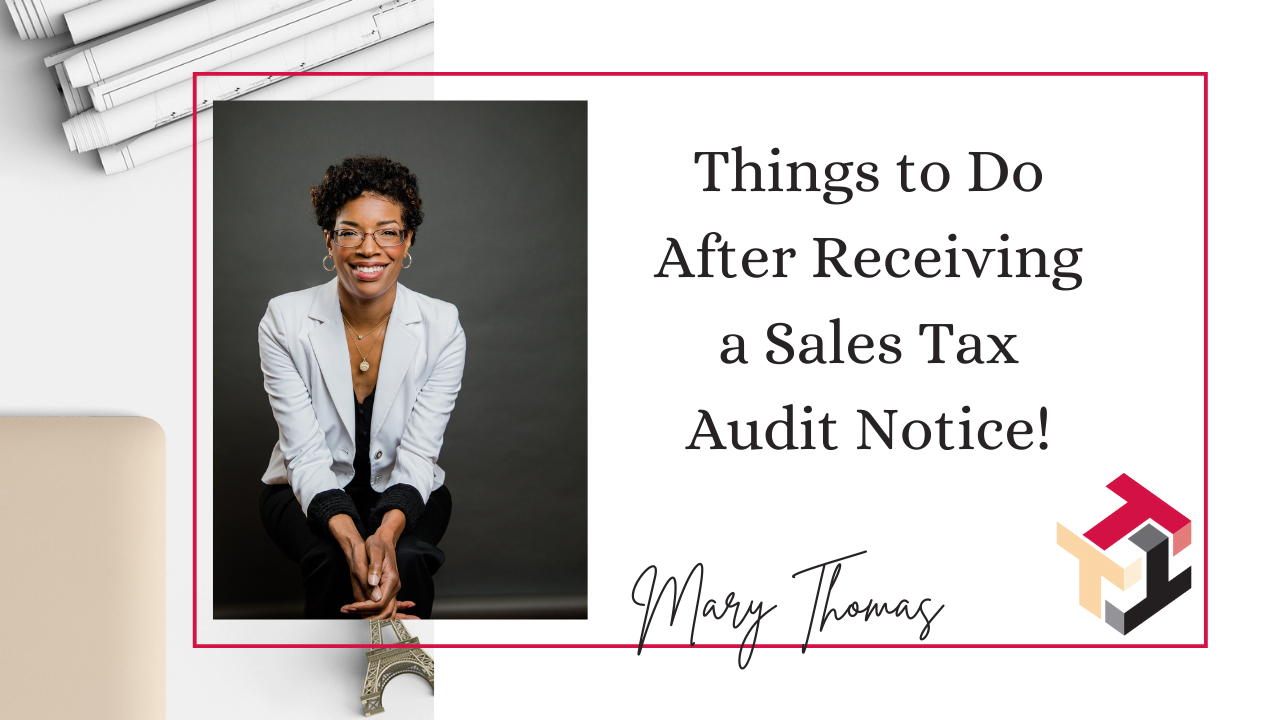


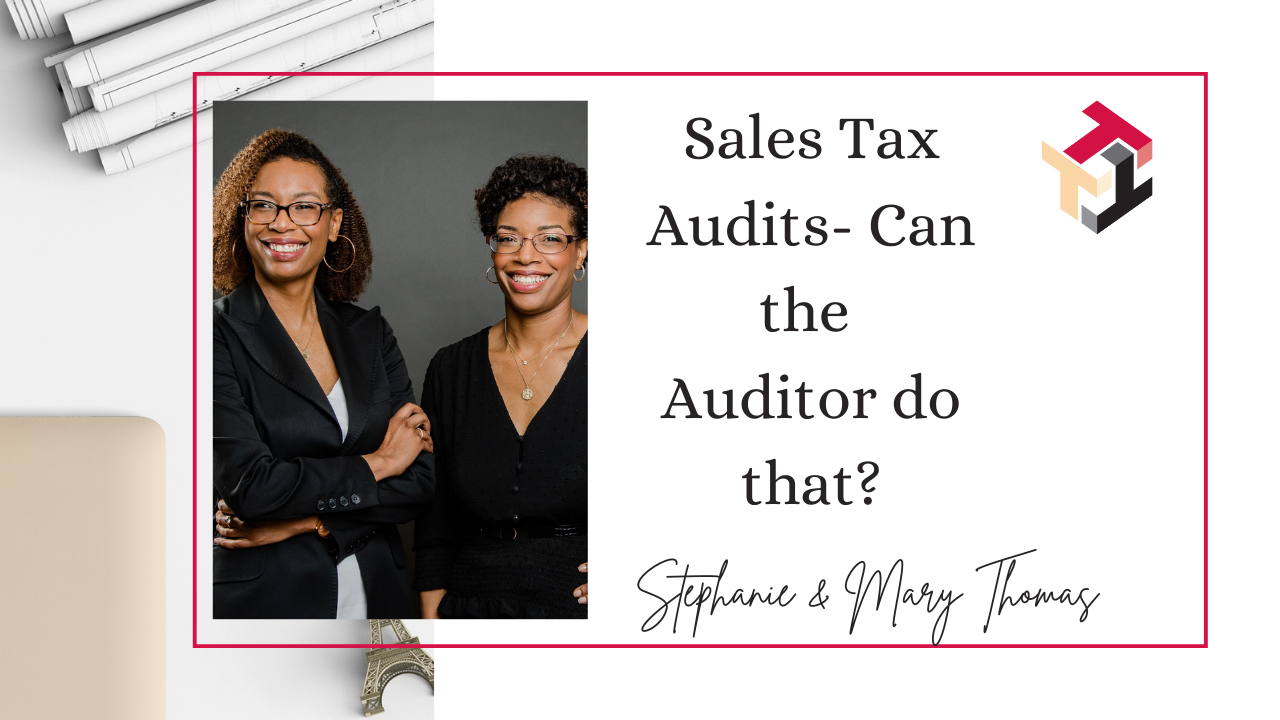


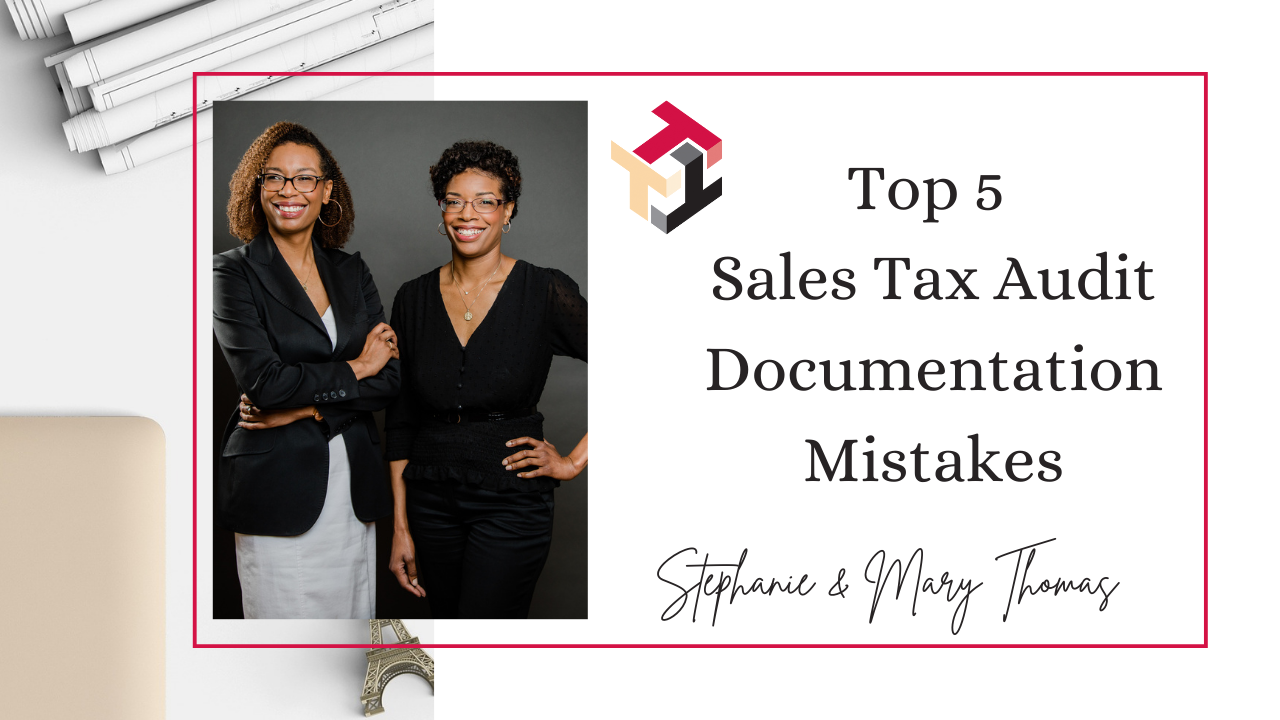

0 Comments